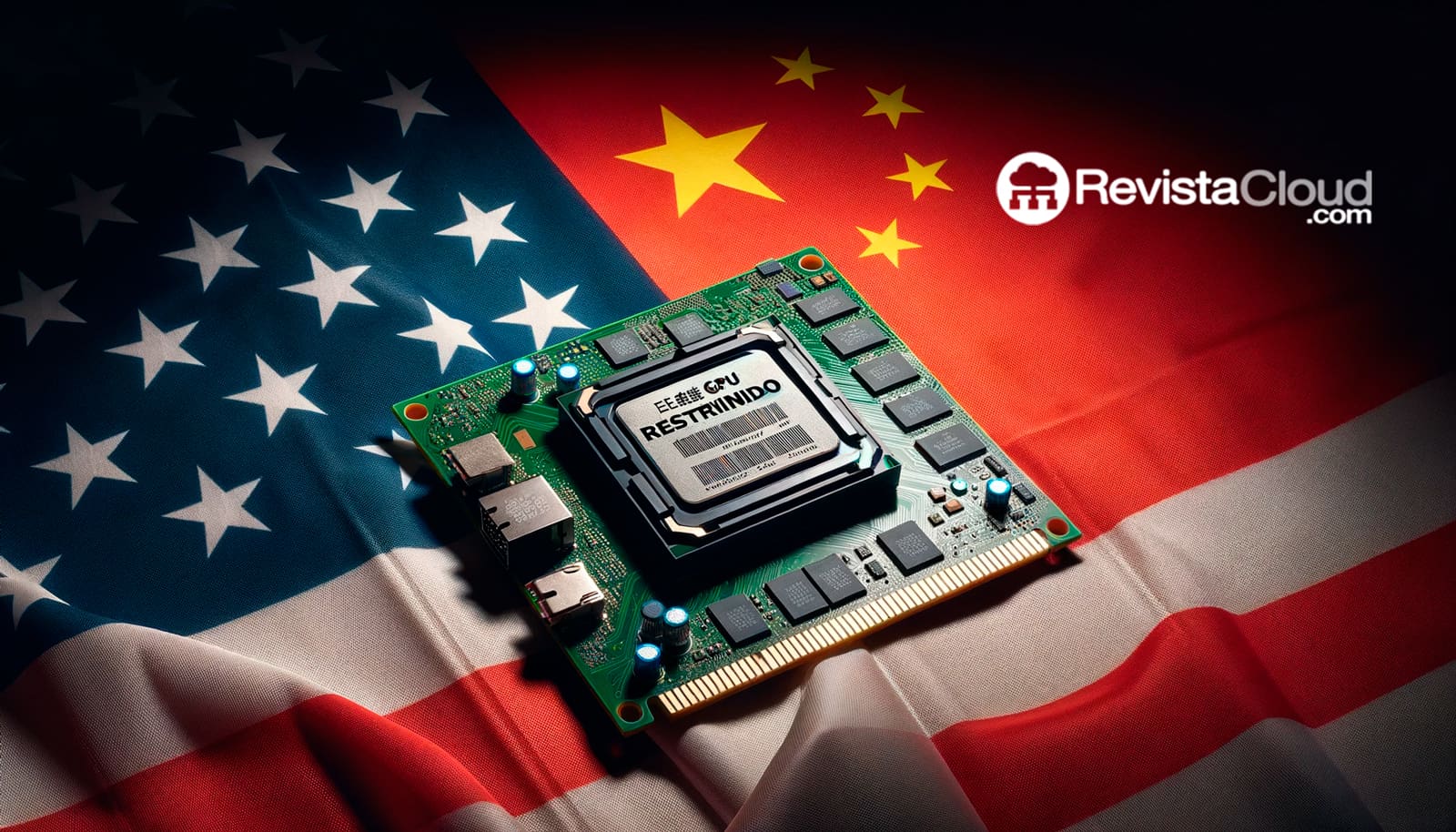The U.S. government has discreetly eased some restrictions on the export of advanced technology to China, aiming to pave the way for a potential meeting between President Donald Trump and Chinese leader Xi Jinping. The move, confirmed by sources from the Financial Times, follows months of internal pressure to avoid straining diplomatic and commercial relations between the two largest economies in the world.
The decision has elicited mixed reactions in Washington. While tech giants like NVIDIA welcome the opportunity to resume operations in the lucrative Chinese market, over 20 former U.S. officials have sent an open letter to the White House warning about the strategic risks of this shift. “Easing restrictions on the H20 chips is a mistake that jeopardizes America’s economic and military advantage in artificial intelligence,” the signatories caution.
Nvidia Takes Advantage of the H20 Chip Reintroduction Amid Truce
NVIDIA, which had its H20 GPU—designed specifically for AI inference tasks—blocked from sale, recently announced the resumption of trade with China. The H20, a critical component in data centers and AI model training, is now available again after several months of suspension driven by U.S. restrictions.
This reopening is not without controversy. During the blockade, activities such as smuggling and illicit repair of these chips were documented in China, demonstrating the high interest of the Asian tech sector in continuing access to critical components despite sanctions.
Internal Pressure: Losing Tech Leadership?
Despite market easing, the new approach to China has raised concerns among national security sectors and former trade and defense officials. The open letter to the Trump administration highlights strategic implications: allowing China access to chips like the H20 could accelerate its AI development, strengthen its military capabilities, and undermine the U.S. tech supply chain.
Critics point to the contradiction between Trump’s tough rhetoric on trade—once halting much of the tech exports to China—and the concessions currently being made in the name of bilateral dialogue. Trump, from Scotland, stated that “limits of an agreement” are already in place, though he did not provide details.
Geopolitical Context: Stockholm and Beyond
Formal talks between the two delegations are set to resume this Monday in Stockholm. It’s expected that Treasury Secretary Scott Bessent and Chinese Vice Premier He Lifeng will discuss conditions for a future summit between the leaders of both nations. The partial lifting of restrictions could be one of the cards Washington uses to reduce tensions and facilitate agreements on tariffs, strategic exports, and supply chains.
An Isolated Gesture or a New Strategy?
Easing technology restrictions raises broader questions about the U.S. strategy toward China. Is this a tactical gesture or the start of a new phase of controlled interdependence? The tech sector, increasingly sensitive to geopolitical decisions, is watching closely to see how this “truce” impacts global competitiveness.
Against the backdrop of a potential Trump-Xi meeting and the AI race, the reintroduction of H20 chip trade signifies more than just an economic move—it’s a signal of how deeply technology has become the main currency in 21st-century diplomacy.

